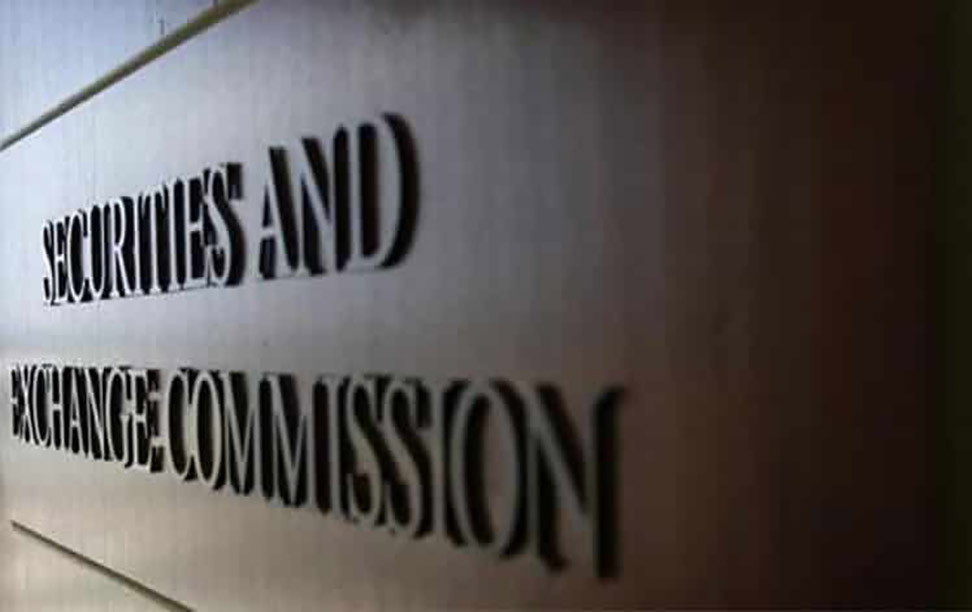IMF makes available $50 billion to help address Coronavirus

By MG News | March 04, 2020 at 11:00 PM GMT+05:00
March 4, 2020 (MLN): The IMF is making available about $50 billion through its rapid-disbursing emergency financing facilities for low income and emerging market countries that could potentially seek support. Of this, $10 billion is available at zero interest for the poorest members through the Rapid Credit Facility.
In remarks made at a Joint Press Conference the IMF Managing Director Kristalina Georgieva highlighted:
- Supply will be disrupted due to morbidity and mortality, but also the containment efforts that restrict mobility and higher costs of doing business due to restricted supply chains and a tightening of credit.
- Demand will also fall due to higher uncertainty, increased precautionary behavior, containment efforts, and rising financial costs that reduce the ability to spend.
- These effects will spill over across borders.
Experience suggests that about one-third of the economic losses from the disease will be direct costs: from loss of life, workplace closures, and quarantines. The remaining two-thirds will be indirect, reflecting a retrenchment in consumer confidence and business behavior and a tightening in financial markets.
The good news is that financial systems are more resilient than before the Global Financial Crisis. However, our biggest challenge right now is handling uncertainty.
Under any scenario, global growth in 2020 will drop below last year’s level. How far it will fall, and for how long, is difficult to predict, and would depend on the epidemic, but also on the timeliness and effectiveness of our actions.
The number one priority in terms of fiscal response is ensuring front-line health-related spending to protect people’s wellbeing, take care of the sick, and slow the spread of the virus. I can’t emphasize enough the urgency of stepping up health-related measures - and the need to ensure the production of medical supplies so that supply is at par with demand.
Second, macro-financial policy actions may be required to tackle the supply and demand shocks that I mentioned above. The aim should “no regret” actions that shorten and soften the economic impact. They should be timely and targeted to the sectors, businesses and households hardest hit.
The Fund has resources available to support the membership:
- Thanks to the generosity of our shareholders, we have about $1 trillion in overall lending capacity.
- For low-income countries, we have rapid-disbursing emergency financing of up to $10 billion (50 percent of quota of eligible members) that can be accessed without a full-fledged IMF program.
- Other members can access emergency financing through the Rapid Financing Instrument. This facility could provide about $40 billion for emerging markets that could potentially approach us for financial support.
- We also have the Catastrophe Containment and Relief Trust - the CCRT - which provides eligible countries with up-front grants for relief on IMF debt service falling due. The CCRT proved to be effective during the 2014 Ebola outbreak, but is now underfunded with just over $200 million available against possible needs of over $1 billion. I called on member countries to help ensure that this facility is fully re-charged and ready for the current crisis.
Copyright Mettis Link News
Related News
| Name | Price/Vol | %Chg/NChg |
|---|---|---|
| KSE100 | 131,949.07 198.95M |
0.97% 1262.41 |
| ALLSHR | 82,069.26 730.83M |
0.94% 764.01 |
| KSE30 | 40,387.76 80.88M |
1.11% 442.31 |
| KMI30 | 191,376.82 77.76M |
0.36% 678.77 |
| KMIALLSHR | 55,193.97 350.11M |
0.22% 119.82 |
| BKTi | 35,828.25 28.42M |
3.64% 1259.85 |
| OGTi | 28,446.34 6.84M |
-1.02% -293.01 |
| Symbol | Bid/Ask | High/Low |
|---|
| Name | Last | High/Low | Chg/%Chg |
|---|---|---|---|
| BITCOIN FUTURES | 108,125.00 | 110,525.00 107,865.00 |
-2290.00 -2.07% |
| BRENT CRUDE | 68.51 | 68.89 67.75 |
-0.29 -0.42% |
| RICHARDS BAY COAL MONTHLY | 97.50 | 0.00 0.00 |
0.75 0.78% |
| ROTTERDAM COAL MONTHLY | 106.00 | 106.00 105.85 |
-2.20 -2.03% |
| USD RBD PALM OLEIN | 998.50 | 998.50 998.50 |
0.00 0.00% |
| CRUDE OIL - WTI | 66.50 | 67.18 66.04 |
-0.50 -0.75% |
| SUGAR #11 WORLD | 16.37 | 16.40 15.44 |
0.79 5.07% |
Chart of the Day
Latest News
Top 5 things to watch in this week
Pakistan Stock Movers
| Name | Last | Chg/%Chg |
|---|
| Name | Last | Chg/%Chg |
|---|




 Central Government Debt
Central Government Debt
 CPI
CPI